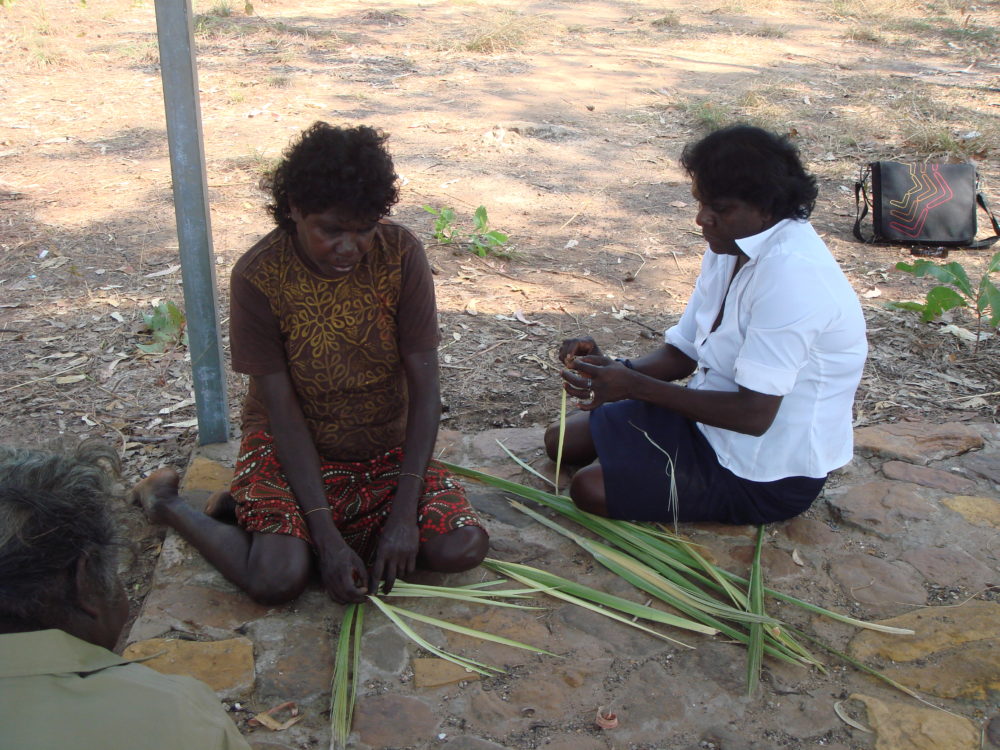By Neena Bhandari
Melbourne 08.12.2009 (IPS): As the threat of nuclear weapons looms large over the very existence of life on earth, Dr Sue Wareham, International Campaign to Abolish Nuclear weapons’ (ICAN) Australian board member, is calling for a speedy abolition of these weapons and the rejection of nuclear power as a solution to climate change.
Speaking at the sessions on nuclear abolition and disarmament at the 2009 Parliament of the World’s Religions here, Wareham said the power of religion should be harnessed to bring peace in the world through disarmament, abolition of nuclear weapons, eradication of poverty and action on climate change.

